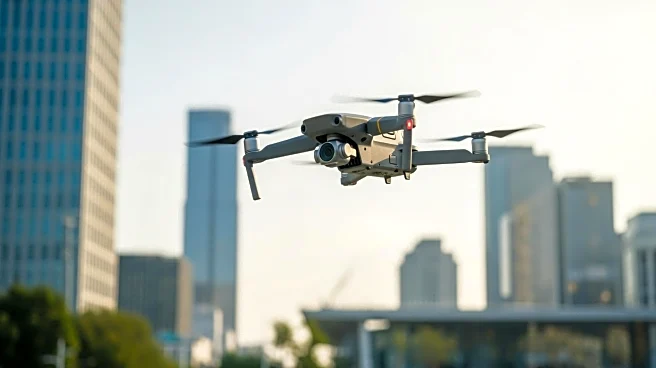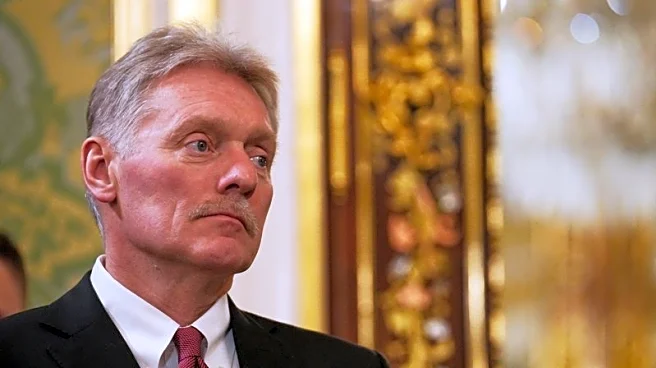What's Happening?
Drone footage obtained by Reuters has cast doubt on Israel's justification for a strike on Nasser Hospital in Gaza, which resulted in the deaths of five journalists. The footage reveals that the camera targeted by the Israeli Defense Forces (IDF) belonged to Reuters photographer Hussam al-Masri, not Hamas as claimed by Israel. The camera was covered by a prayer rug to protect it from heat and dust, contradicting Israel's assertion that it was used for Hamas surveillance. This revelation challenges the narrative provided by Israel regarding the incident, suggesting that the strike may have been based on incorrect information.
Why It's Important?
The implications of this development are significant for international relations and media freedom. If the strike was indeed based on faulty intelligence, it raises concerns about the accuracy of military operations and the potential for civilian casualties. This incident could affect Israel's diplomatic relations, particularly with countries advocating for press freedom and human rights. The revelation also underscores the risks faced by journalists in conflict zones, highlighting the need for greater protection and accountability in military engagements. The credibility of Israel's military operations may be questioned, potentially impacting its international standing and support.
What's Next?
The release of this footage may prompt calls for further investigation into the incident, potentially involving international bodies or human rights organizations. Israel may face pressure to reassess its operational protocols to prevent similar occurrences in the future. Media organizations and advocacy groups might intensify efforts to ensure the safety of journalists in conflict areas. Diplomatic discussions could arise, focusing on the protection of press freedom and the ethical conduct of military operations. The incident may also lead to increased scrutiny of military actions in Gaza, influencing future engagements and policy decisions.
Beyond the Headlines
This incident highlights the ethical and legal challenges in military operations, particularly in densely populated areas like Gaza. The targeting of journalists raises questions about the balance between security measures and human rights. It may lead to discussions on the legal frameworks governing military actions and the protection of non-combatants. The event could also influence public perception of the conflict, potentially affecting international support and advocacy efforts. Long-term, it may contribute to shifts in policy regarding military engagement and the role of media in conflict zones.










